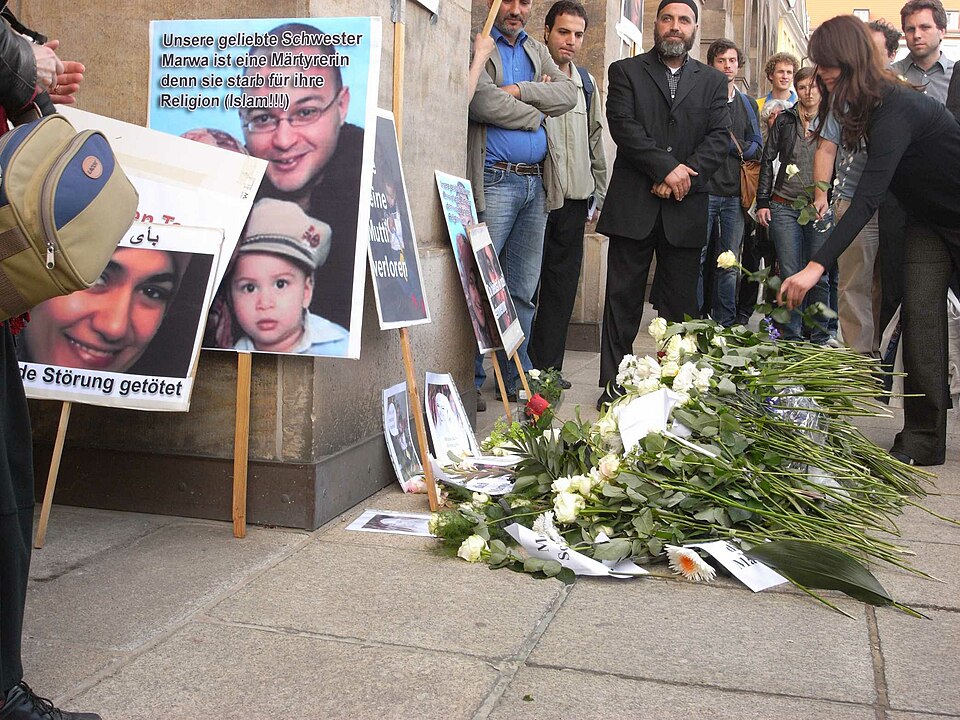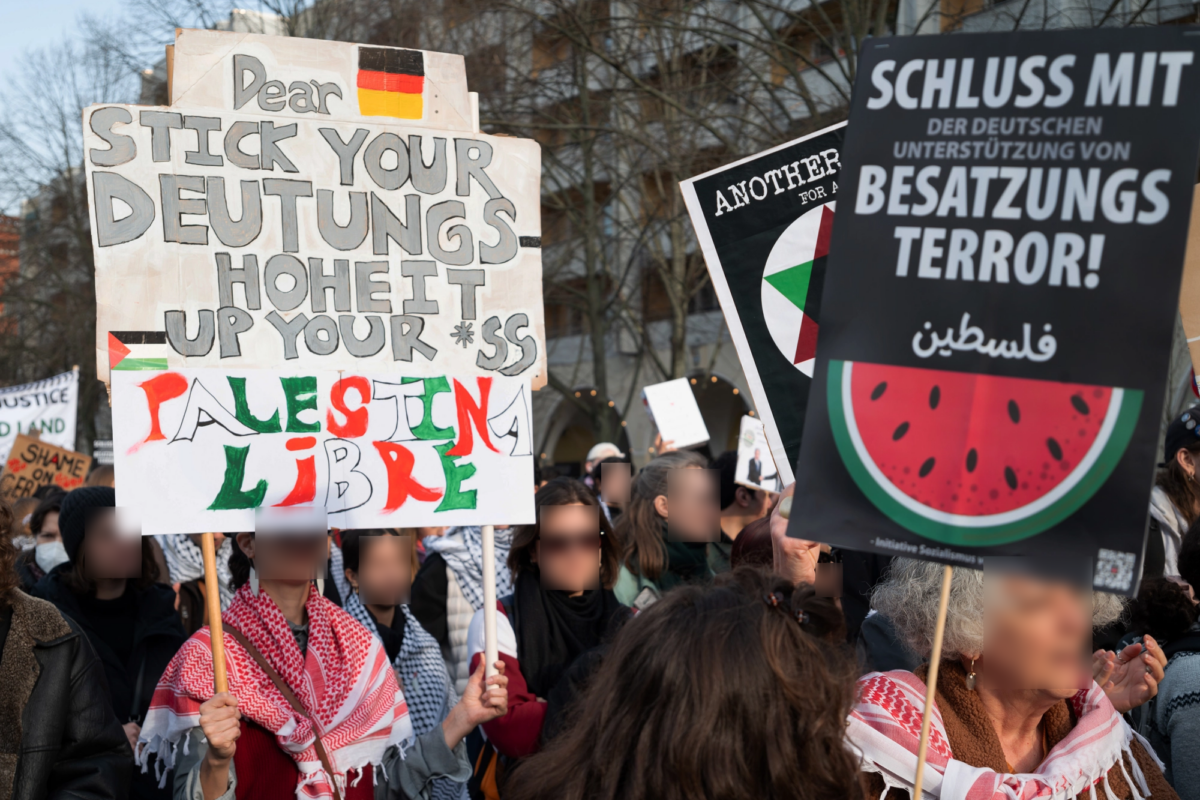Forensic Architecture (FA) is a research agency, based at Goldsmiths, University of London, investigating human rights violations including violence committed by states, police forces, militaries, and corporations. FA works in partnership with institutions across civil society, from grassroots activists, to legal teams, to international NGOs and media organisations, to carry out investigations with and on behalf of communities and individuals affected by conflict, police brutality, border regimes and environmental violence.
Our investigations employ cutting-edge techniques in spatial and architectural analysis, open source investigation, digital modelling, and immersive technologies, as well as documentary research, situated interviews, and academic collaboration. Findings from our investigations have been presented in national and international courtrooms, parliamentary inquiries, and exhibitions at some of the world’s leading cultural institutions and in international media, as well as in citizen’s tribunals and community assemblies.
On Saturday, November 5th 2022, Forensic Architecture is organising the conference The German Colonial Genocide in Namibia in the Haus der Kulturen der Welt (HKW) in Berlin. Between 1904 and 1908, German imperial forces perpetrated the first genocide of the 20th century in then German South-West Africa, involving the targeted ‘extermination’ of large numbers of Ovaherero, Ovambanderu and Nama people and the killing of many others. The conference presents the initial stage of ongoing collaborative research and discusses the effects of these colonial crimes.
While the traumatic memory of the German colonial genocide and the inter-generational harm it caused is ubiquitous in Namibia, especially among the affected Ovaherero and Nama communities Germany’s colonial history and its bloody legacy is still under-represented in contemporary German public discourse.
The conference presents the first findings of research on sites of key importance in the German genocidal campaign around the Waterberg area. An accompanying discussion with representatives from the Ovaherero, Ovambanderu and Nama communities, explores challenges and shortcomings in addressing Germany’s colonial negation and the subsequent renunciation of its duty of repair. The contributors demand reparations, restitutions and redress according to the needs of the affected people within and beyond the existing international legal frameworks.
Forensic Architecture is also organising the Three Doors exhibition in the HKW from November 5th until December 30th. The exhibition aims to shed light on deeply entrenched racist structures within Germany – just a stone’s throw from the German federal parliament. It is nearly three years since nine people were murdered in a racist terror attack in Hanau. It is nearly eighteen years since Oury Jalloh was burnt to death in a police cell in Dessau. The victims’ families, friends and the survivors are still struggling for accountability.




